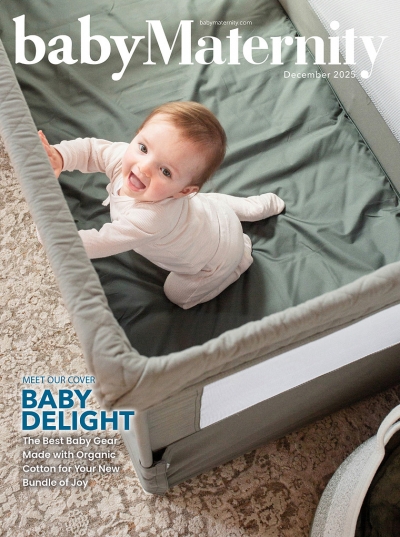7 Ways To Raise A Musical Baby

One of the most wonderful forms of self-expression parents can foster within their children is the ability to play music. Happily, it is possible to get started doing so while the baby is still in the womb. Raising a musical child has many advantages ; more even than can be accurately calculated. But just for starters, children who retain music into adulthood say it helps them to be happier, more thoughtful and compassionate individuals, and the world certainly needs more of those, I'm sure you will agree.You can start your baby off on their musical journey by doing four simple things before birth.
1. Sing or hum to yourself and your unborn child. It doesn't matter whether you do so loudly or quietly just as long as you do it often.
2. Listen to a wide variety of recorded music. Play the radio or a CD when you are in the car and fill your home with music. Go ahead and play the music you love best but spend some time reaching for other types of music that you don't normally listen to.
3. As Professor Harold Hill said in The Music Man, "Think music." Listen for music when you are walking and listening to other people talking. You'll soon realize that there is rhythm in the way we walk, cut a loaf of bread, knock on a door, or in the 'sing-song' quality of speech.
4. If you don't already know how to do so, learn to play an instrument. If you've been playing for years, make it a point to play every day. Playing music is a powerful source of prenatal communication. What better way is there to "talk" to your unborn child than with the music that you love?
Once your baby is born, you'll want to continue the four basic steps already outlined and add a few more.
5. When you play music, place your baby or toddler close to the instrument. Depending on what you play you might place the child under the instrument or on it so he or she can feel the vibrations as you play.
6. Dance to the music with your baby or toddler in your arms. Let the child feel the music in his body and associate listening to music with the freedom of movement.
7. As soon as you are willing, enroll your toddler into a music and movement program such as Kindermusik or something similar.You'll want to avoid a formal music instruction at all costs. It is a little-known truth that our traditional approach does more to stifle natural music abilities than to foster them. After decades in the music education field I can safely say that requiring children to read music before they know how to play an instrument is simply counterproductive. It's like expecting children to read before they can talk.
Your child may be ready for music lessons when he has reached the age of five or six. At that point, you should be looking for a music instructor who allows your child to play a great deal, long before he learns to read music. To find the best instructor, interview several. Select someone you connect with on a personal level. Be certain that this individual plays all sorts of music without needing sheet music and that they are willing to teach a variety of musical styles from the very beginning. A helpful question to ask during your interview is: How large a repertoire will my child be playing after ten lessons?"
Related Article: How I Bonded With My Baby Before She Was Born













